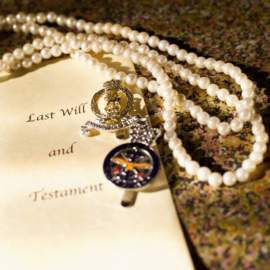
Asset Protection at a Glance

Asset protection is important if an individual wishes to ensure that his/her loved ones are properly cared for following his/her death. Often, individuals will leave large inheritances to their children and their spouses, to help guarantee that these loved ones have access to the funds necessary to live a comfortable life.
However, in many instances, an estate will be subject to taxation by the federal and state government, significantly reducing the assets obtained by intended loved ones. It is often difficult to avoid taxation on these funds, however, there are some techniques and laws that can allow an individual to acquire all or most of the intended inheritance. It is important to not that offshore asset protection is not necessarily effective, as even offshore assets are evaluated during asset inventory.
One way in which an individual can distribute his/her assets free of taxation is by providing the intended recipients with funds over an extended duration of time. In the United States, an individual is able to give a recipient up to $11,000 every year, free of gift tax. If he/she is looking to distribute his/her estate and avoid taxation, he/she can distribute this sum of money to loved ones annually.
However, if he/she attempts to avoid taxation by giving an individual his/her entire estate prior to death, the estate will be subject to gift tax. Trusts can also be successful in diminishing the amount of money taken for taxes. For example, if an individual establishes an AB trust for his/her spouse and children, the trust will be subject to significantly reduced taxation. Q.T.I.P trusts, Charitable Trusts, and Life Insurance Trusts may also be helpful.
NEXT: Asset Protection Trusts At A Glance





















